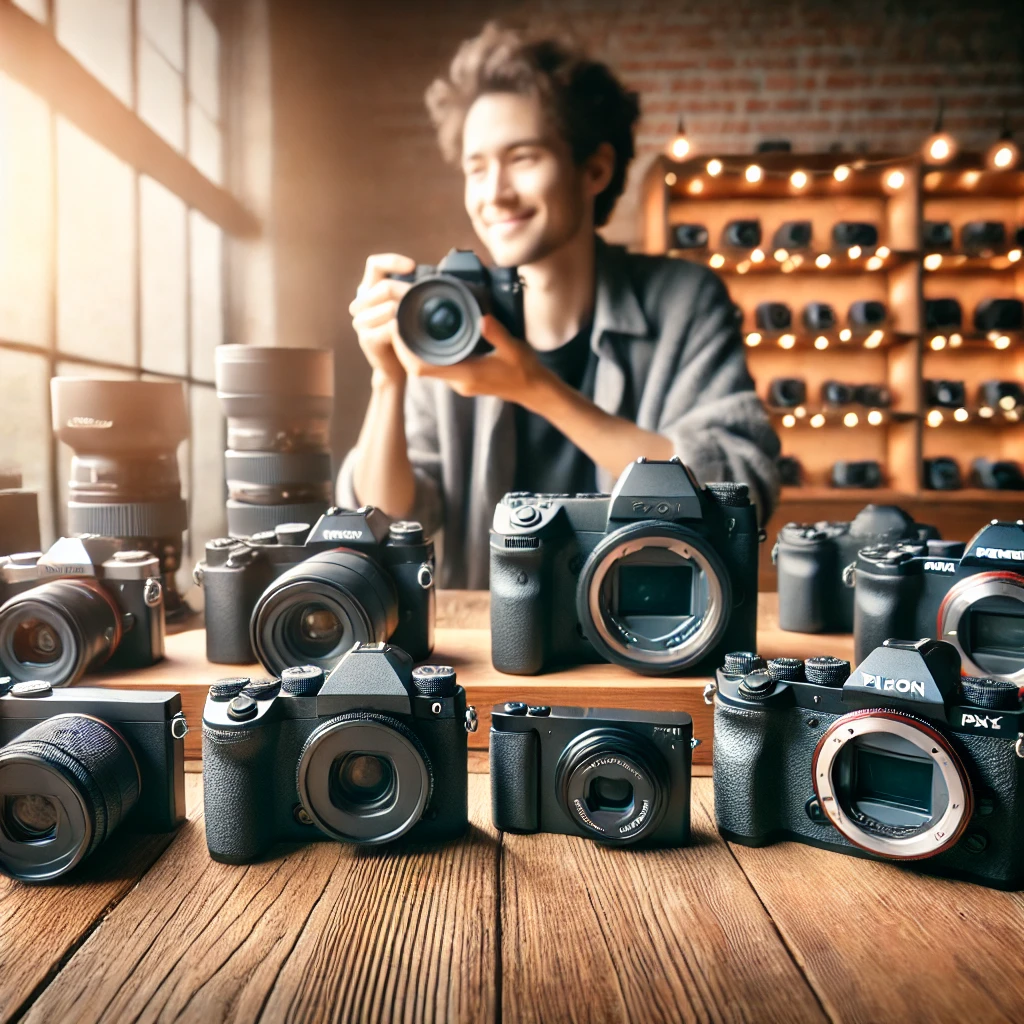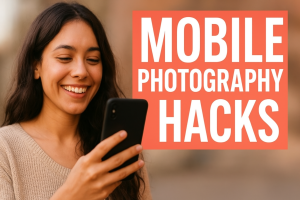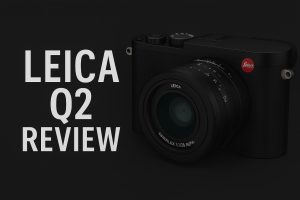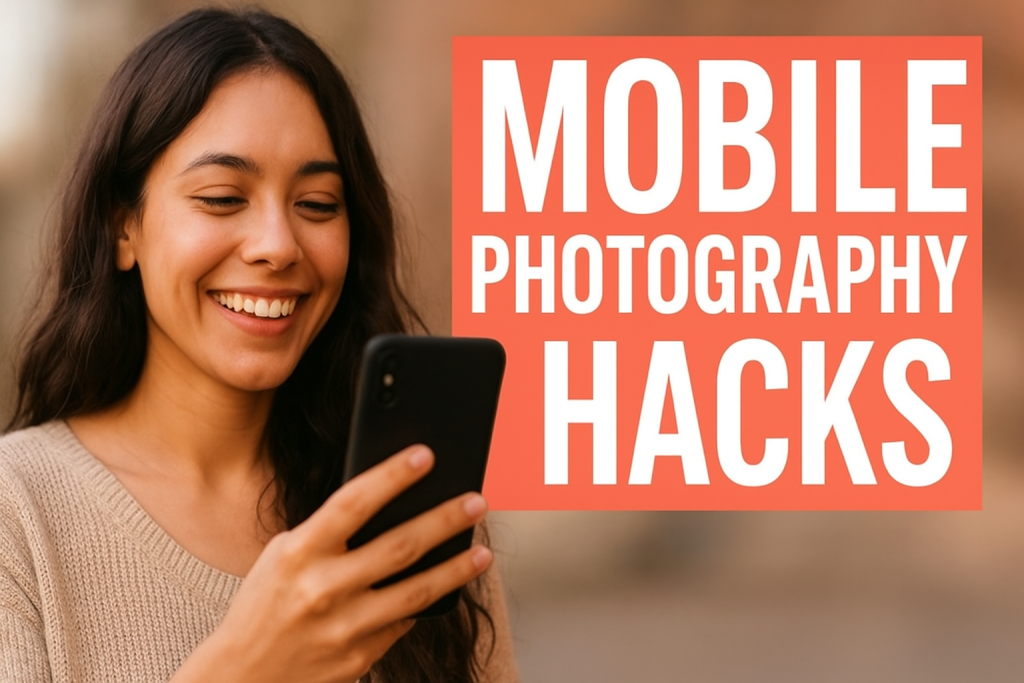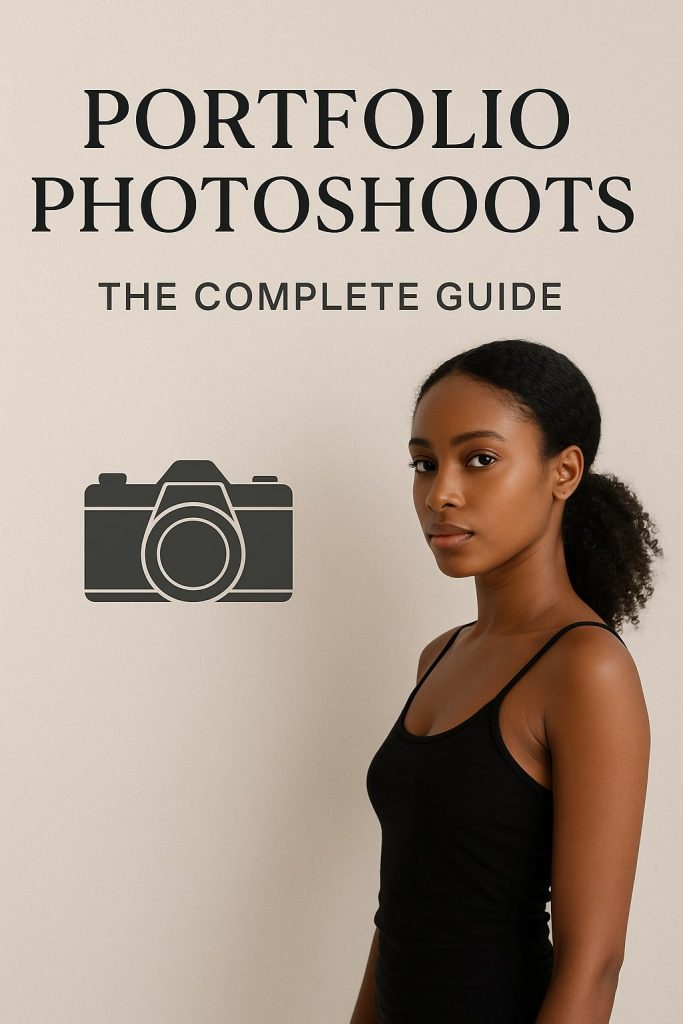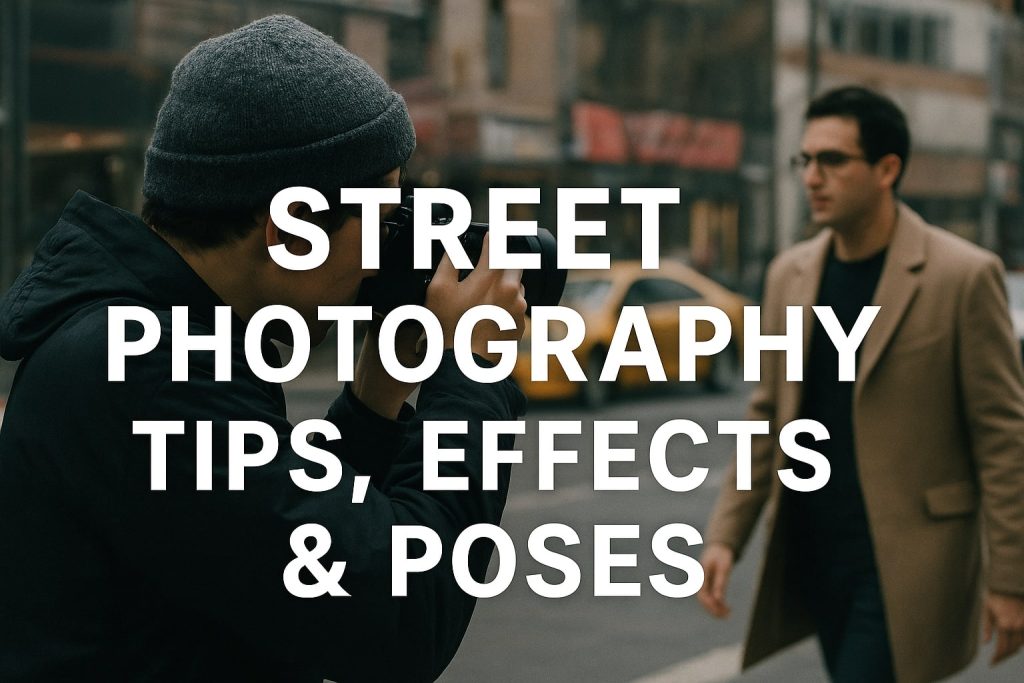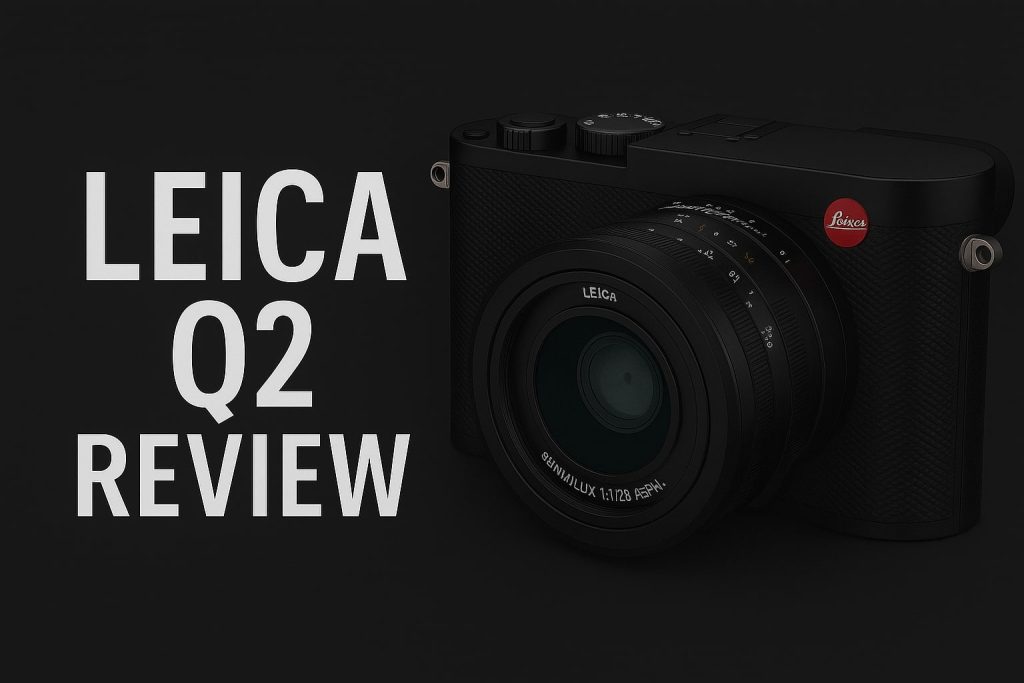Whether you’re driven by artistic curiosity, eager to tell visual stories, or simply want to move beyond smartphone snapshots, choosing the best entry-level camera can be a transformative decision. In 2025, aspiring photographers have access to an expansive array of powerful, intuitive, and budget-friendly cameras that make professional-quality photography more accessible than ever.
This guide offers a comprehensive breakdown of today’s top-performing entry-level cameras, what features to prioritize, and how to select gear that fits your style, subject matter, and skill level.
1. Why the Right Entry-Level Camera Matters
Your first camera shapes your learning journey. A thoughtfully chosen beginner camera builds confidence, encourages creativity, and nurtures technical understanding. It sets the foundation for skills that can evolve with time. A poor fit, on the other hand, may frustrate or discourage progress. That’s why finding the best entry-level camera for your specific needs is crucial.
Benefits of a Purposeful Choice:
- Promotes consistent learning
- Reduces the intimidation of complex features
- Adapts to different photography genres
- Offers room for growth without overwhelming
2. Features That Define a Beginner-Friendly Camera
Not every camera is made equal when it comes to helping beginners. Look for these beginner-friendly characteristics:
- User-Friendly Interface: Simple menu systems with visual guides
- Auto and Scene Modes: Assist with exposure, white balance, and focus
- Touchscreen Controls: For intuitive adjustments
- Lightweight Build: Encourages daily carry and spontaneous shooting
- Connectivity Options: Easy sharing and remote control via apps
These features help reduce the learning curve without compromising quality.
3. Mirrorless vs DSLR vs Compact: Which Format Works for You?
Mirrorless Cameras
- No mirror mechanism = smaller body
- Faster autofocus in most cases
- Real-time digital preview
- More silent operation
DSLR Cameras
- Optical viewfinder for real-world preview
- Longer battery life
- More used lens options available
Compact Cameras
- Fixed lenses, ideal for travel
- Often pocket-sized
- Great for casual creators and vloggers
Your lifestyle, budget, and subject matter will dictate the best format for you.
4. Best Entry-Level Mirrorless Cameras
Mirrorless is now the dominant choice for beginners in 2025. Here are the top contenders:
1. Canon EOS R50
- 24MP APS-C sensor
- Dual Pixel autofocus with eye detection
- 4K uncropped video
- Articulating touchscreen
2. Sony ZV-E10 II
- Built-in microphone with wind protection
- 4K 30fps and Full HD 120fps
- Compact, vlog-ready
3. Nikon Z30
- Lightweight, intuitive control scheme
- 20.9MP sensor
- Great low-light capabilities
4. Fujifilm X-T30 II
- Classic design
- Exceptional JPEG color profiles
- Quick menu customization
These models combine usability, performance, and strong lens ecosystems.
5. Best Entry-Level DSLR Cameras
Though fewer in number, DSLRs are still a reliable entry point with excellent battery life and robust ergonomics.
1. Canon EOS Rebel T8i / 850D
- 24.1MP sensor
- Vari-angle touchscreen
- Guided UI for beginners
2. Nikon D5600
- 39-point autofocus
- SnapBridge wireless transfer
- Built-in time-lapse mode
3. Pentax K-70
- Weather-sealed body
- Built-in image stabilization
- Excellent for outdoor learners
These are ideal for students, hobbyists, or anyone who enjoys tactile control.
6. Best Compact Cameras for Travel and Vlogging
Compact cameras thrive in portability and ease. Here are the best picks:
1. Sony ZV-1 II
- Designed for creators
- Background defocus button
- One-inch sensor
2. Canon PowerShot G7 X Mark III
- Live streaming capability
- Flip-up screen
- Strong video features
3. Panasonic Lumix LX100 II
- Micro Four Thirds sensor
- Dedicated aperture and shutter dials
- Lightweight yet powerful
7. Key Camera Specs Explained Simply
- Megapixels (MP): Higher is not always better — look for balance
- Sensor Size: Larger sensors = better low light and depth of field
- Frames Per Second (FPS): More is better for action
- ISO Range: High ISO = better low-light capability
- Autofocus Points: More points help track moving subjects
8. Lenses and Kits: What’s Worth the Extra Cost?
Starter kits often include a standard zoom lens. But consider these upgrades:
- 50mm f/1.8: Excellent for portraits and low light
- 35mm f/2: Great for street photography
- Telephoto Zoom: Adds versatility for wildlife or sports
Avoid overly cheap bundles with low-quality third-party lenses.
9. Autofocus Systems for Beginners
Modern systems are smart and fast:
- Face/Eye Detection for portraits
- Zone Tracking for moving subjects
- Touch-to-Focus on screens
These make capturing sharp images easier, especially in dynamic scenes.
10. Video Capabilities: Vlog, Stream, Create
Entry-level cameras today rival cinema gear from a decade ago:
- 4K video standard on most models
- Slow-motion options up to 120fps
- Clean HDMI for livestreaming
- External mic input for pro audio
Whether it’s vlogging or storytelling, these features expand your range.
11. Budget and Value Considerations
You can get a great beginner camera for:
- $500–$800 (USD): Body + lens kit
- $900–$1200: Better sensor and video
Consider certified refurbished models and year-old flagships for savings.
12. Accessories You Should Invest In First
- SD Cards (UHS-I or II): Fast writing speed
- Spare Batteries: Essential for day shoots
- Tripod: For stability in low light
- Camera Bag: Protects gear and helps organization
- Cleaning Kit: Sensor-safe tools for longevity
13. Real-World Use Cases by Genre
Portrait Photography:
- Look for fast lenses and good eye-tracking
Street Photography:
- Compact form, silent shutter, fast autofocus
Nature and Wildlife:
- Zoom lens compatibility, weather sealing
Product and Food:
- Accurate color, macro focus options
14. Entry-Level Cameras for Kids and Teens
Options:
- Nikon Coolpix W150: Waterproof, shockproof
- Canon EOS R100: Affordable mirrorless with growth potential
Look for simplicity, safety, and ease of use.
15. Top Brands Compared
Canon:
- Known for ease of use and vivid color
Nikon:
- Excellent ergonomics and value
Sony:
- Best video features and fast AF
Fujifilm:
- Retro appeal with top-tier color science
Panasonic:
- Great for video creators
16. Upgrading Path
Choose a system that allows future growth:
- More advanced lenses
- New camera bodies
- Compatibility with accessories
Brands with deep ecosystems support long-term learning.
17. Community, Learning, and Support
Look for brands or platforms that offer:
- Online tutorials
- Peer photo critique forums
- In-person workshops
Learning doesn’t stop at the camera purchase.
18. Ethical Buying Tips
- Used Gear: Reputable sellers, shutter count check
- Warranty: Always review return policies
- Trade-In Programs: Good for budget upgrades
19. Final Tips for Choosing the Right Beginner Camera
- Focus on what you’ll shoot most
- Choose gear that inspires you to keep learning
- Don’t overspend on specs you won’t use
Your best entry-level camera is the one that makes you want to shoot every day.
20. Connect with The Candid Shoot
Need help choosing your first camera? At The Candid Shoot, we guide aspiring creatives through personalized recommendations, workshops, and gear tutorials.
📸 Book a one-on-one gear session or join a beginner photography workshop today!
Let us help you take your first step into photography with confidence.
📅 Book Your Photography in Jaipur Today
Whether you’re celebrating a personal milestone, growing your brand, or just want timeless memories, trust The Candid Shoot for professional photography in Jaipur that exceeds expectations.
📞 Call | 📱 WhatsApp | 📩 Inquiry Form
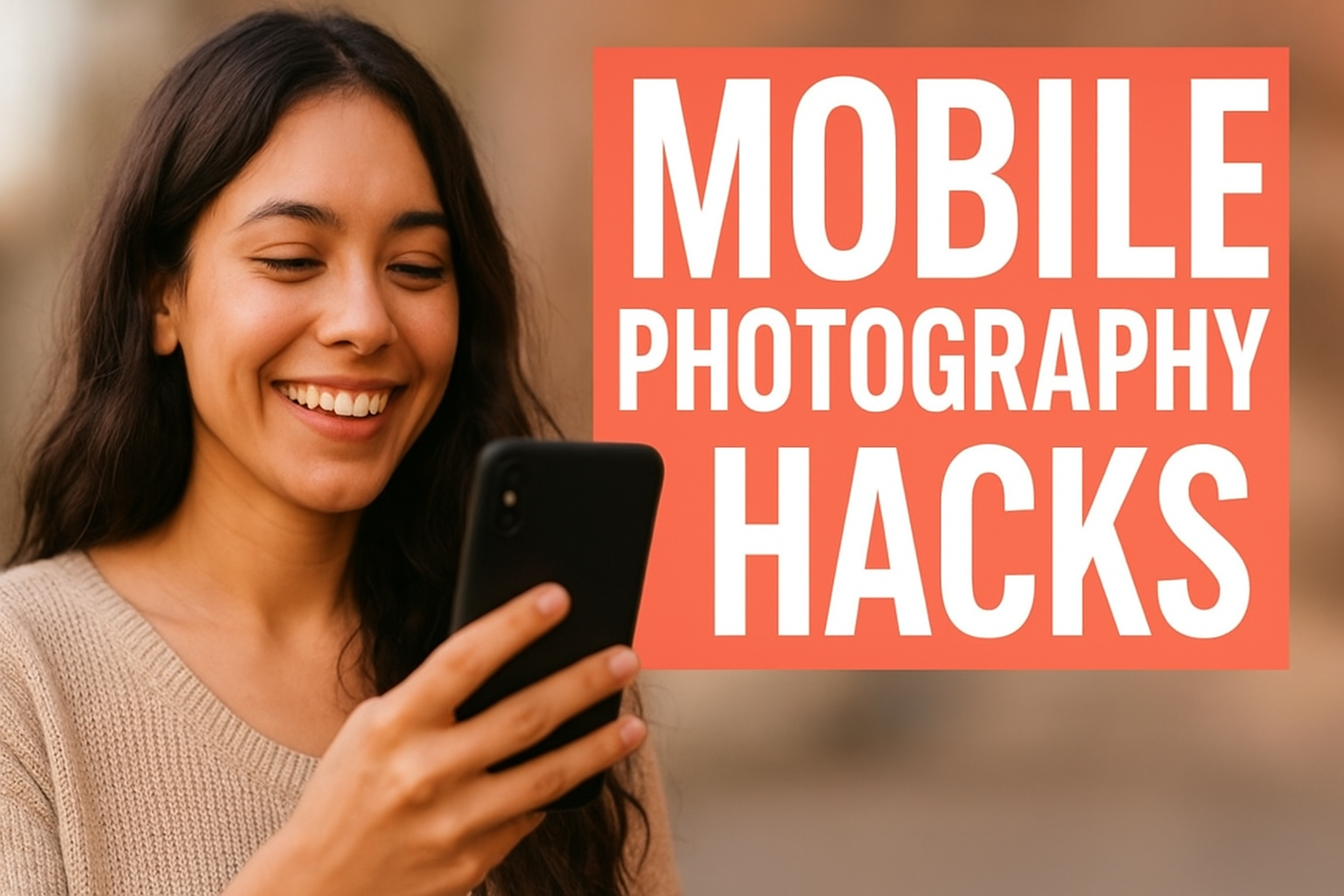
Mobile Photography Hacks: Candid Moments with Your Phone
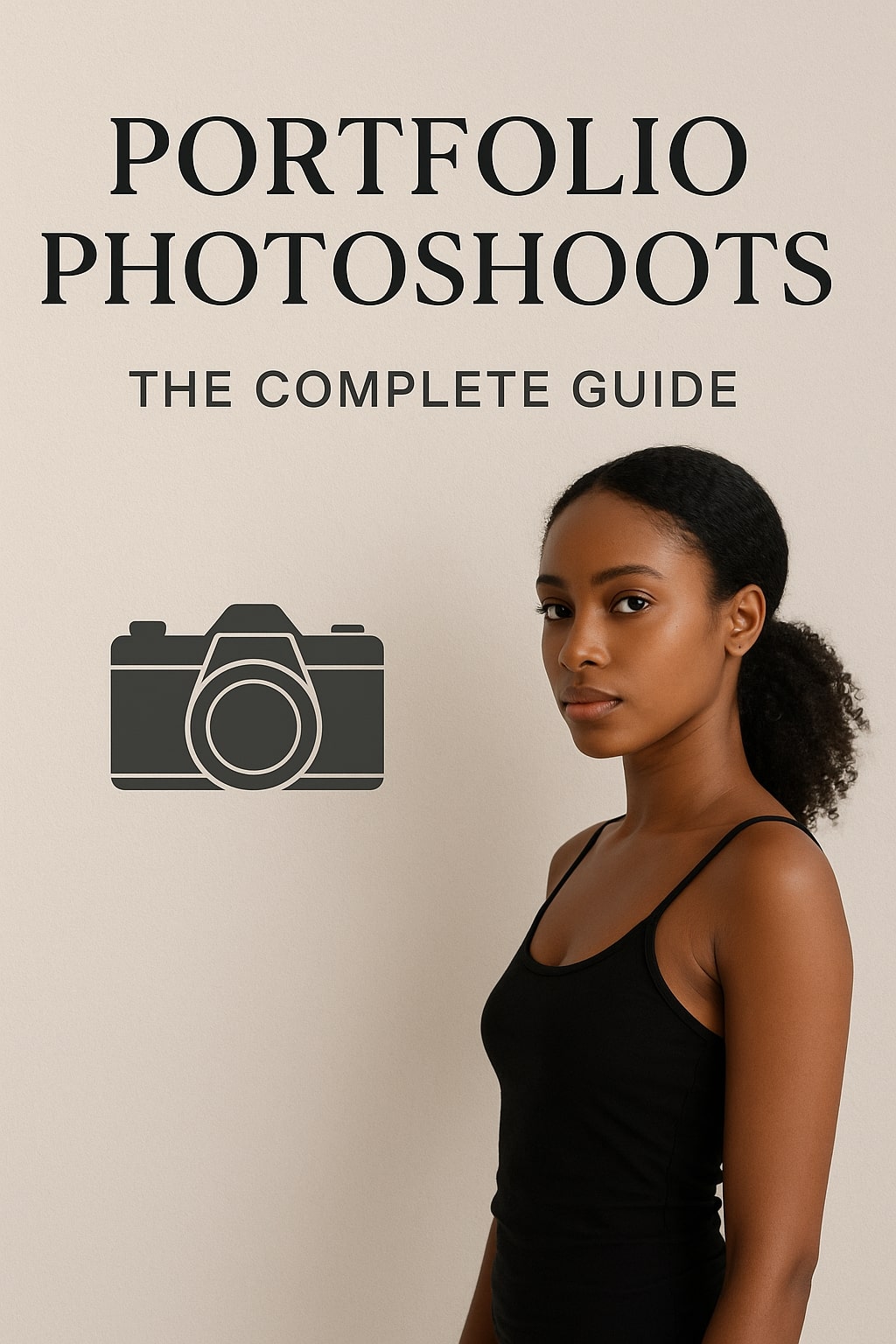
Professional Model & Portfolio Photoshoots: Show Your Best Work
-
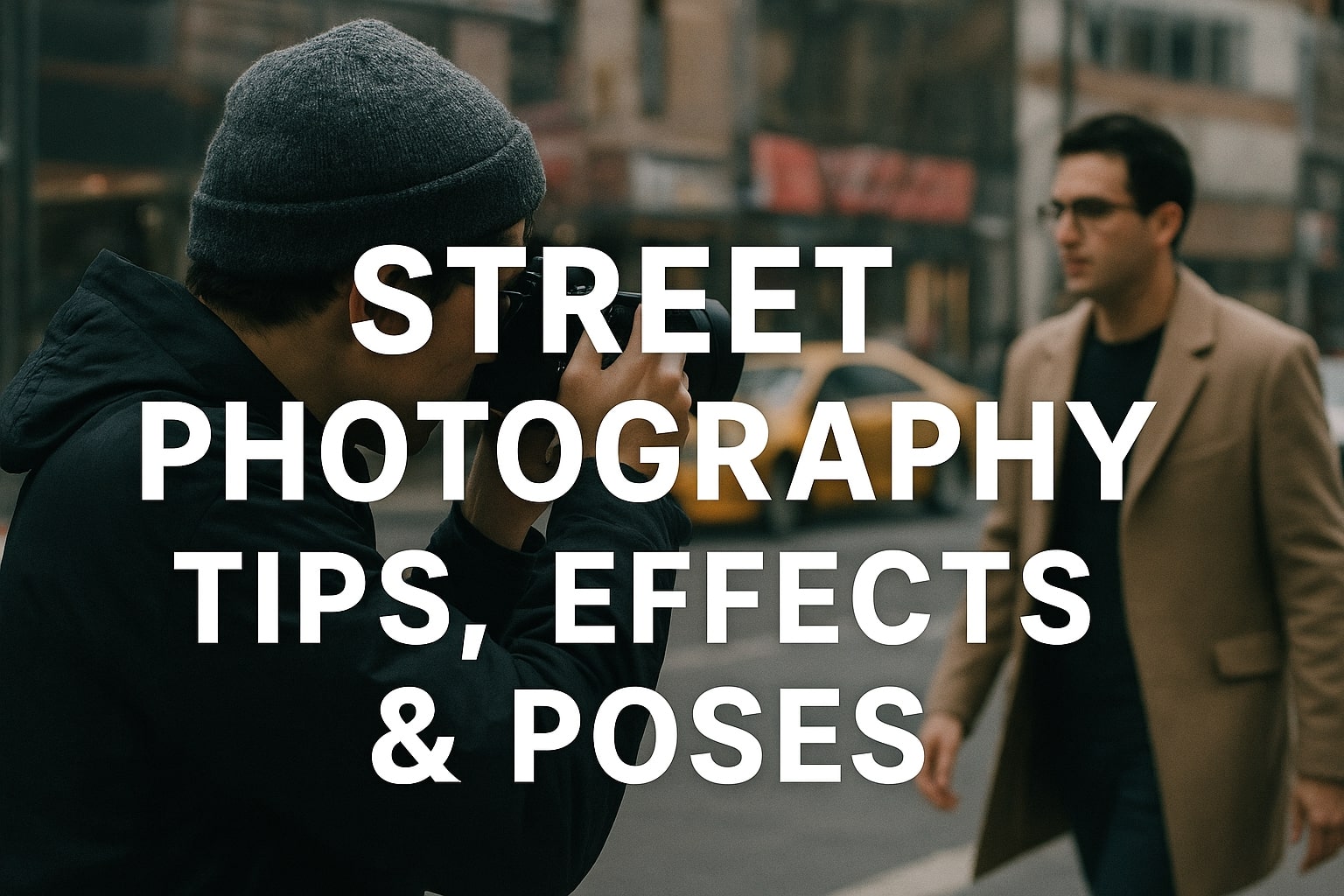
Street Photography Tips, Effects & Poses – Complete Guide
-
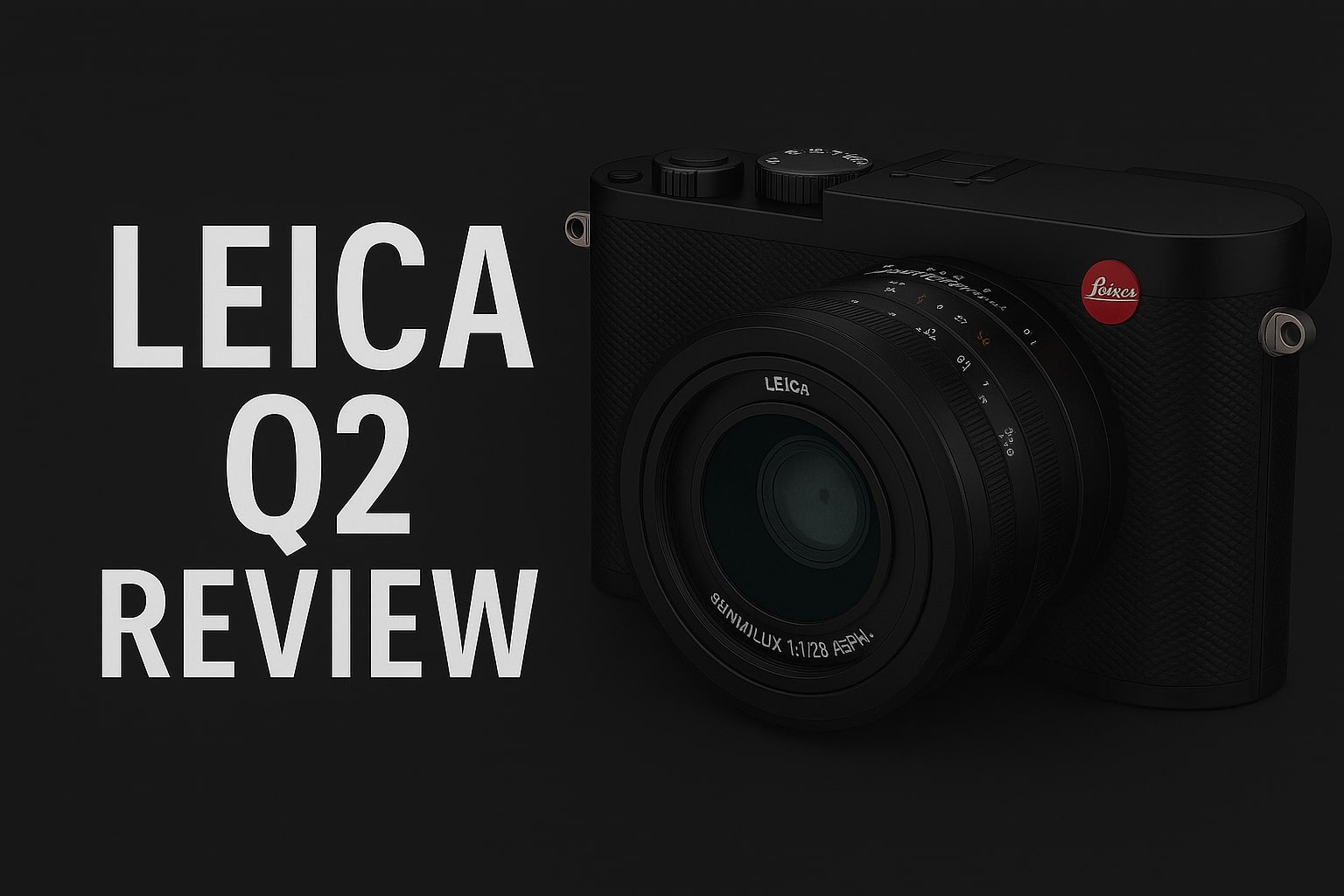
Leica Q2 for Photography: Why It’s Loved by Photographers
Mobile Photography Hacks: Candid Moments with Your Phone
Discover high-impact mobile photography hacks to capture genuine, gorgeous candid moments with your phone. Learn practical tips, composition secrets, and pro techniques to turn everyday scenes into stunning visual stories. Introduction: The New Age of Mobile Photography Photography has evolved beyond heavy cameras, technical jargon, and expensive equipment. Today, the power to capture extraordinary moments
Professional Model & Portfolio Photoshoots: Show Your Best Work
” Discover how to plan, style, and execute stunning portfolio photoshoots that showcase your skills, personality, and versatility. This comprehensive guide covers professional tips, posing ideas, gear suggestions, and industry insights for models and photographers.” Introduction – Why Portfolio Photoshoots Are the Cornerstone of a Photographer’s Career A well-crafted portfolio photoshoot is more than a
Street Photography Tips, Effects & Poses – Complete Guide
Discover the ultimate guide to Street Photography with expert tips, creative effects, and dynamic poses. Learn how to capture authentic urban moments, master composition, and tell powerful visual stories through your lens. Article Outline 1. Introduction to Street Photography Street Photography is more than just taking pictures of people in public spaces — it’s about
Leica Q2 for Photography: Why It’s Loved by Photographers
Introduction: The Cult Status of the Leica Q2 The Leica Q2 is not just a camera—it’s a statement. Combining the heritage of German precision engineering with modern digital excellence, it holds a special place in the hearts of professional and passionate photographers alike. With its full-frame sensor, prime Summilux lens, and minimalist design, the Q2
Top Cameras Under ₹1 Lakh for Freelance Photography
Freelance photography is no longer a niche—it’s a booming creative profession that demands not only vision and hustle but also the right gear. Your camera isn’t just a tool; it’s your storytelling partner. If you’re a freelance photographer aiming to balance performance, versatility, and budget, investing in a cameras under ₹1 lakh can offer the
Top Features of Nikon D850 That Make It Ideal for Photoshoots
Explore the top features of the Nikon D850 that make it a powerhouse for photoshoots. From exceptional resolution to dynamic range, this detailed Nikon D850 guide is built for professional and aspiring photographers. 1. Introduction When Nikon launched the D850, it quickly earned a reputation as a flagship DSLR that redefined what photographers could expect
